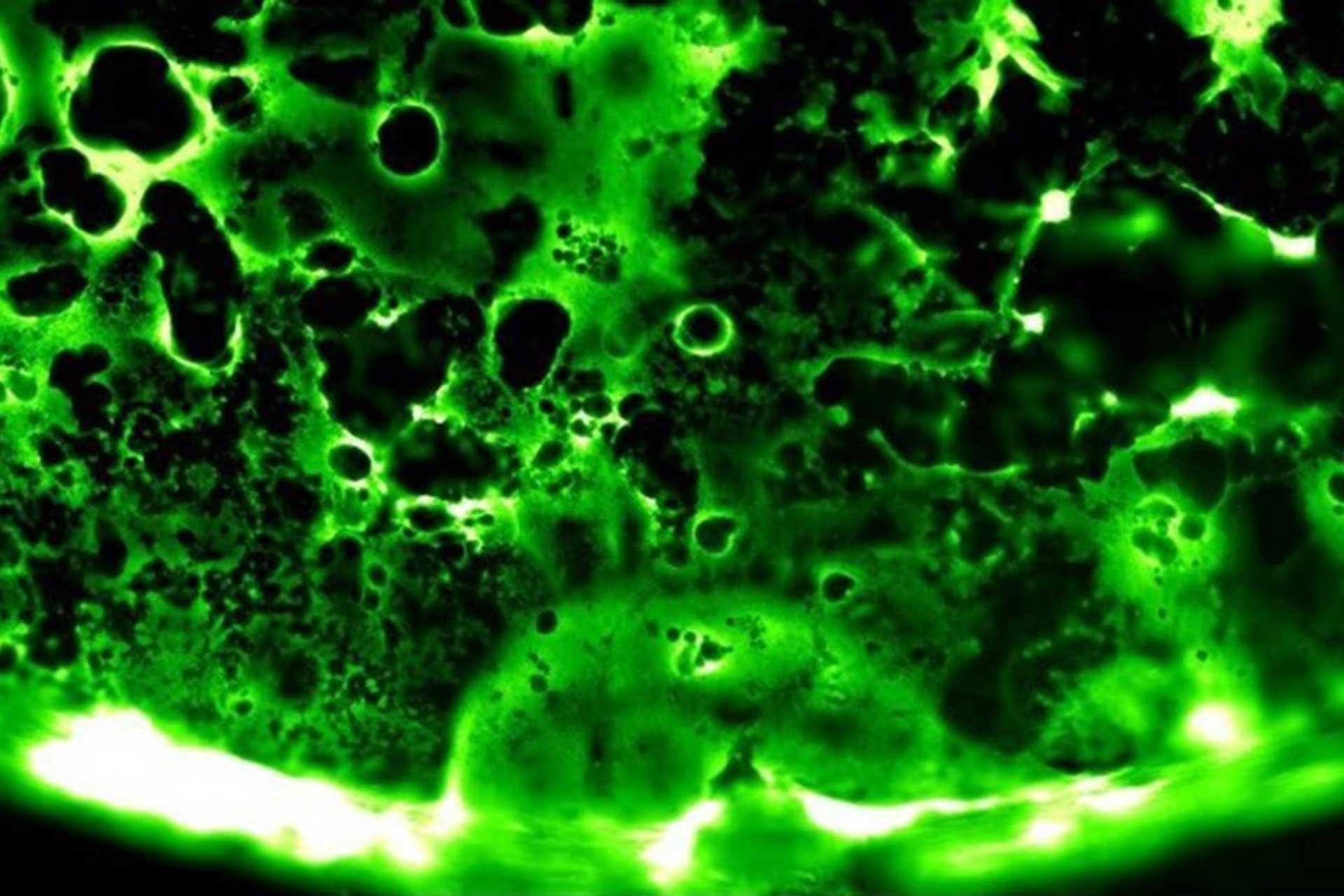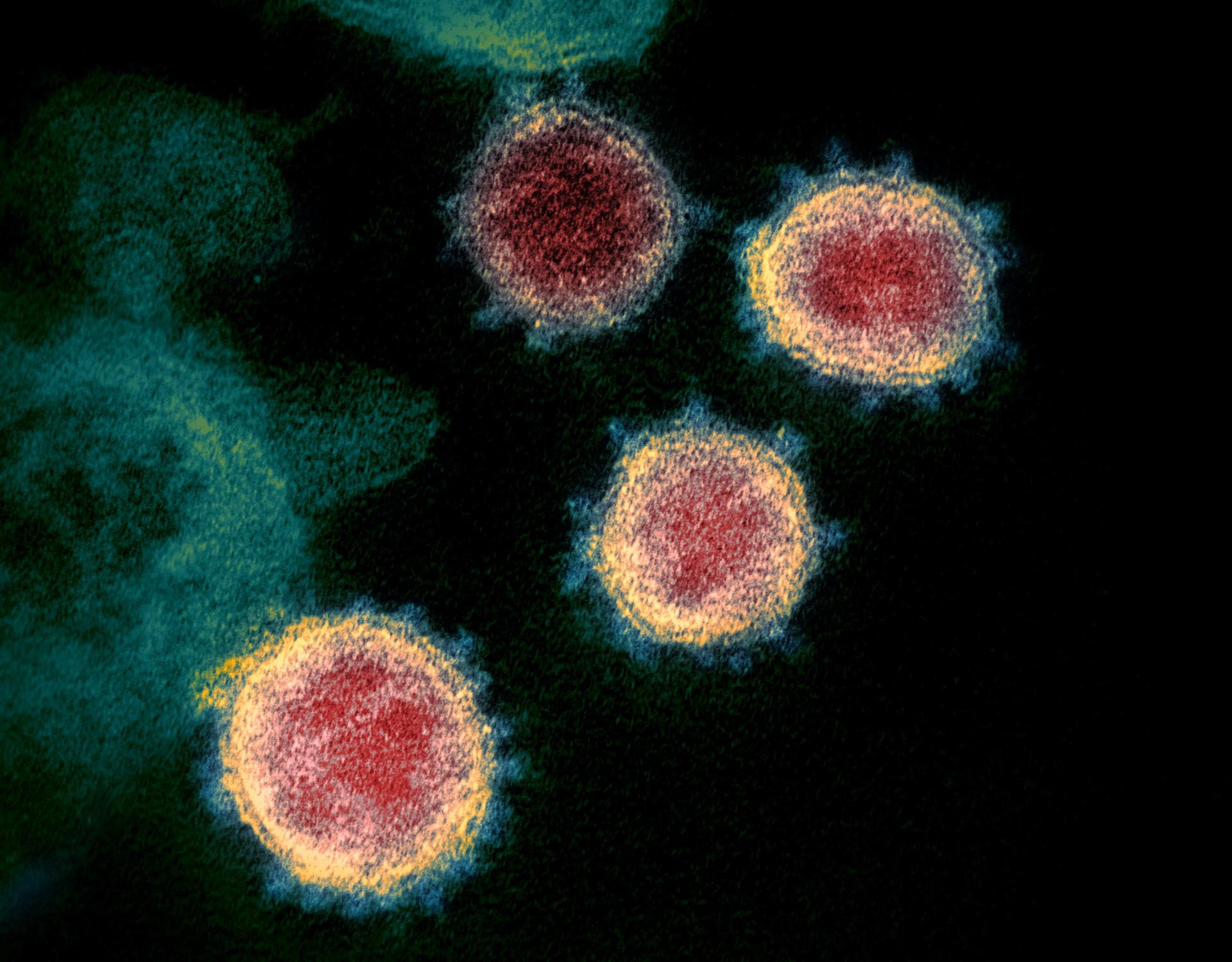An ACAT inhibitor suppresses SARS-CoV-2 replication and boosts antiviral T cell activity
The severity of disease following infection with SARS-CoV-2 is determined by viral replication kinetics and host immunity, with early T cell responses and/or suppression of viraemia driving a favourable outcome. Recent studies uncovered a role for cholesterol metabolism in the SARS-CoV-2 life cycle and in T cell function. Here we show that blockade of the enzyme Acyl-CoA:cholesterol acyltransferase (ACAT) with Avasimibe inhibits SARS-CoV-2 pseudoparticle infection and disrupts the association of ACE2 and GM1 lipid rafts on the cell membrane, perturbing viral attachment. Imaging SARS-CoV-2 RNAs at the single cell level using a viral replicon model identifies the capacity of Avasimibe to limit the establishment of replication complexes required for RNA replication. Genetic studies to transiently silence or overexpress ACAT isoforms confirmed a role for ACAT in SARS-CoV-2 infection. Furthermore, Avasimibe boosts the expansion of functional SARS-CoV-2-specific T cells from the blood of patients sampled during the acute phase of infection. Thus, re-purposing of ACAT inhibitors provides a compelling therapeutic strategy for the treatment of COVID-19 to achieve both antiviral and immunomodulatory effects.

